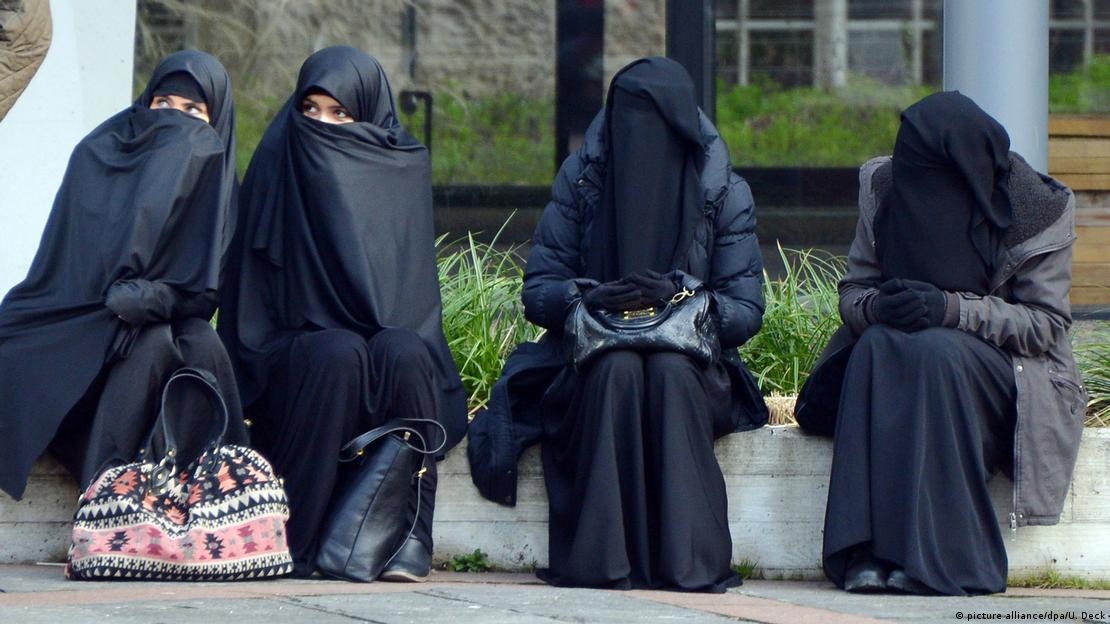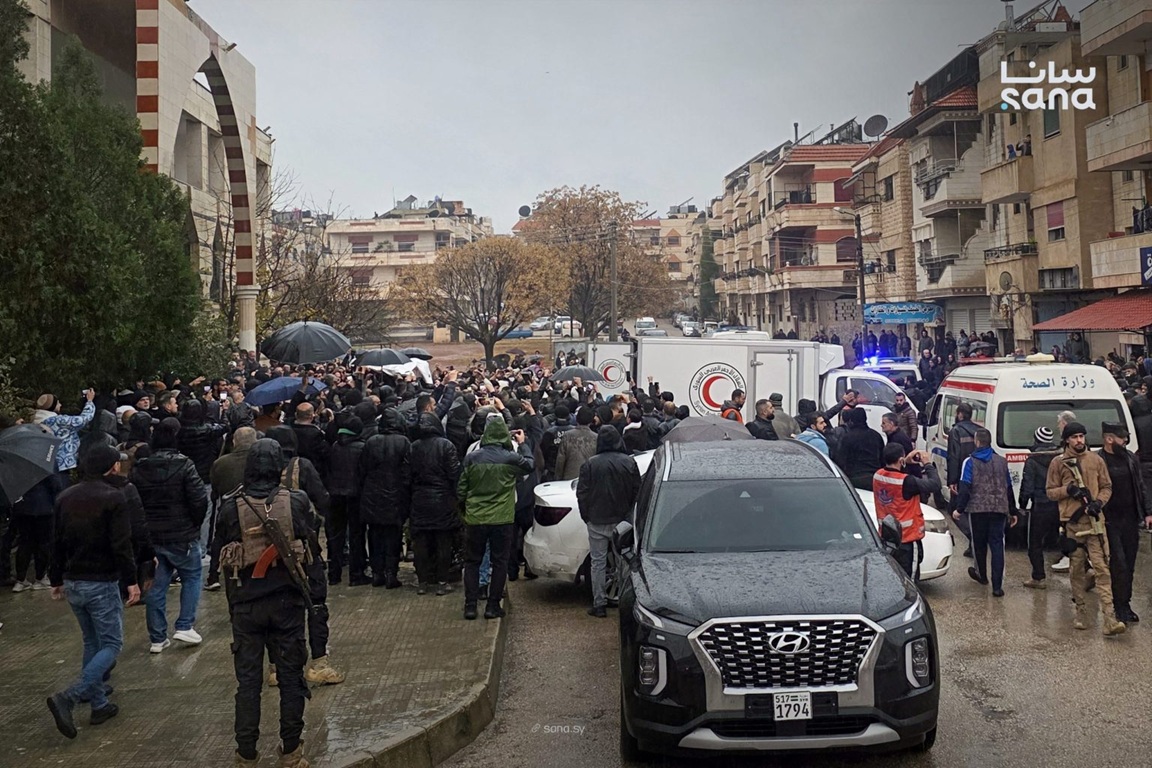
The Levant News exclusive - DAMASCUS - Safa Salal - Near the line of cars on the street next to the Al-Jalaa fuel station in the Al-Mazza area, west of Damascus, three men were dancing the Dabkeh folklore dance while they are waiting to buy the "Gasoline" for their cars since they were waiting since 7 am.
Abu Walid says: "Every step we take in the queue we hold a dabkeh. A step to joy and a step to wait and step for expressing our anger. He resumes his speech and laughs.
Abu Muhannad sips the cup of tea and says in a voice that pierces the waiting ears: "Without God's pardon, would a country have been lost for a while?"
At the opposite end of the same street, the young man drives his car to the front of the car after the petrol is removed from his car. He describes the progress in the role and receives petrol as if on his wedding night. "The Syrian people became immune during the war," he says.
"Give me a lift on your way"
While the Syrians are suffering an economic blockade that no country has ever experienced, a number of Syrians initiated a number of voluntary initiatives on social networking sites.
"Give me a lift on your way" initiative has been welcomed by the Syrians. "The idea of the initiative is that every person in his car, on his way of work or where he is going, is able to deliver people to the same area by agreeing on a specific signal and standing by a post posted on the sunset on the landing and setting the starting hour. "We have to put our hands in hand during the crisis to relieve ourselves," he said.
Initiatives were not limited to social networking sites. A number of volunteer groups distributed books, food and even roses to the waiting drivers.
While some advertisers have taken the popular example of "people's misfortunes when people benefit" opportunity to advertise and promote their products on queues.
Octane 95:
The Ministry of Oil has opened two gas stations selling octane 95 gasoline at 600 Syrian pounds (about 1.25 dollars), in response to demands to secure it, according to the press office of the Syrian Ministry of Oil.
Official sources gave a 10-day deadline to break the crisis somewhat.
Transport between the Syrian governorates has witnessed a significant increase in prices. The price of the transfer from Damascus to Lattakia has reached between 7,000 and 9000 Syrian Pounds (between 15 and 20 dollars) per person.
The crisis experienced by the Syrians is not limited to the gasoline crisis, which has turned a blind eye to the exorbitant price of the Syrian markets.
"In the days of war, there was no such price," says Abu Omar in his sixth decade.
The stock market is witnessing a significant rise in the exchange rate of the dollar, which reached 570 Syrian pounds.
Abu Majd al-Mutikaf comments among the crowds waiting in the queue of Al-Azbekiya station: "We remember the days when the dollar was 35 Syrian pounds."
Politically:
Damascus witnessed a political movement shuttle within one week, manifested by the visit of a Iraqi delegation headed by national security adviser Faleh Fayyad, and an Iranian delegation headed by Foreign Minister Mohammad Zarif. Both were received by Syrian President Bashar al-Assad. According to estimates and leaks, the two delegations came to provide solutions to Syria during the economic siege that today is described by observers as the most terrible siege in the history of mankind.






